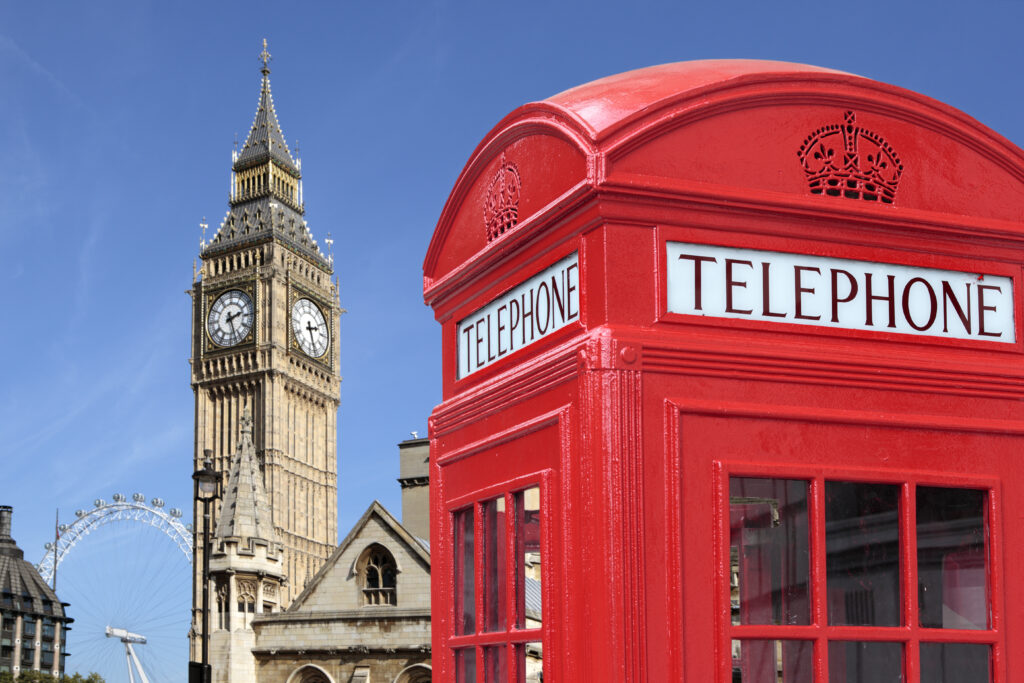Why London for international students
With top-ranking universities, excellent employment opportunities and one of the most vibrant places across the world, it’s no wonder that London continues to attract more than 110,000 students every single year. London known for its vibrant, cosmopolitan way of life, its rich history – attracts international students from all around the world.
World-class Institutions
The Quacquarelli Symonds World University Rankings and the Times Higher Education World University Rankings are the two most highly respected university rankings in the world.
Both continue to list London’s four prestigious London universities within the top 40. These 4 universities include;
- Imperial College London
- University College London (UCL)
- King’s College London and London School of Economics and Political Science (LSE)
- UCL
- Imperial College London
- LSE
These world-class institutions listed above are not only famous because of their rankings but they keep leading the way in cutting-edge teaching and groundbreaking research facilities and opportunities. The range of top tier education is why London is the best place to study.
London universities offer a wide variety of highly rated and reputable courses.
In Kingston University London’s Environmental Science with Hazards and Disasters BSc course teaches the ways on how to predict, plan and manage environmental emergencies that occur such as earthquakes, hurricanes or floods.
If you’re studying medicine and wish to go a step further within your area of specialisation, the London School of Hygiene & Tropical Medicine offers specialist courses such as master’s degrees in Nutrition for Global Health and Tropical Medicine & International Health, for doctors wishing to focus on tropical and low-income countries.
Another course of interest for instance is the science of baking with the Baking Science and Technology BSc (Hons) at London South Bank University.
If you’re more of a history and heritage person, you can find a Heritage Management MA at Queen Mary University of London, who works directly in connection with Royal Palaces.
For animal lovers looking to pursue a career in veterinary science, the degree at the Royal Veterinary College is the highest rated degree of its kind in the world.
Excellent Creative Courses
There are so many choices to dive into when it comes to London’s creative courses. London is home to the most famous theatre district, the West End and also some of the world’s best art galleries and musical institutions.
The Royal College of Art and the University of the Arts London teach the two highest ranked art and design degree courses in the world, while the Royal College of Music, the Royal Academy of Music and the Guildhall School of Music & Drama all appear in the top 10 with their performing arts programmes.
For modern and urban dance fans around the globe, the University of East London offers a unique course called Urban Practice BA (Hons). This teaches a wide range of dance styles, from capoeira to Afro-house. Not only do students perform at COLL!DE, which is one of the largest annual student-led dance festivals in Britain, they also help organise the event.
If you have always had a passion for Architecture, UCL’s Architecture BSc is the best of its kind. London is arguably one of the best cities for architecture lovers. The range of creative courses and degrees on display is why London is the best place to study.
London Student Accommodation
If you are on the hunt for a place to stay during your studies in London, then you have come to the right place.
Whether you rent privately or find a room to rent in London or through a host family, there are plenty of London student accommodation options available across the city and for all types of budgets for students.
Some Student Halls of Residence in London universities are reserved for their own students. Others are privately owned and offer rooms to students from a whole range of universities.
Halls of Residence typically offer individual furnished bedrooms that come with a shared kitchen and bathroom. En suite rooms or studios are available in some Halls although they come at a higher price.
Get in touch with your chosen university to discover how to secure a place and when the application deadline officially ends. You may enquire at your university of the list of trusted private landlords if halls do not sound like the right choice for you.
There is also the option of luxury shared student housing, like urbanest who provide options for private and en suite rooms.
Where to look for rented accommodation in London?
There are several sources to look for accomodation such as local estate agents to or real estate portals such as Rightmove and Zoopla.
If you’re looking to find a room to rent in a shared house, you can visit websites such as SpareRoom and easyRoommate.
You can also look for a host family on secured platforms such as Host London and Host Family Stay.
Renting short-term in London
Students who are moving to London for the first time may need to stay in short-stay accommodation for the time being. This is until they look for suitable rented accommodation.
Short-stay accommodation include:
If you live with a UK family in their own home, usually you’d be given your own room or a room shared with another student as well as participating in the family life. For further information visit Hosts International and London Homestays’ websites. You can also discuss with your university to see if they can help you arrange this.
Hotels, hostels, bed and breakfasts (also called ‘B&Bs’) are also another short stay option. Universities often have good links and can negotiate cheaper rates for students, ask your university which they recommend closest to the campus.
Renting long-term in London
Sharing a flat or a house is common for the majority of students in the UK.
In a shared house, you will be living in your own bedroom. You will share the kitchen, living areas and, most likely, the bathroom with other students living with you. It is a great way to help reduce your costs with the expenses of living in London. It can also be fun, this can help you reach out and meet like-minded people or even brainstorm on your university work.
If you consider renting privately, consider the costs that may be in addition to your monthly rent which includes; utility bills (gas, electricity and water), broadband and a TV licence. Rented accommodation is often fully furnished, but there are typical house items you will need to source yourself such as bedding, towels, etc.
Council tax is a fee charged to UK households to cover government services in the local area. However, households where everyone is a full-time student are not obligated to pay council tax. The student centre at your university can provide you with more information and the documentation to prove that you are a student at a UK university.
Please ensure that you sign a tenancy agreement with your landlord; it will set the conditions and length of your tenancy as well as protect your rights with the property. For more information on this, take a look at the government’s guide to private renting.
Cost of Rented Accommodation
The cost for rented accommodation can vary a lot across London. Ensure that you look around for several options in each neighbourhood to have an idea of what the average price is and take in consideration the length of your commute to your university. Also, please note that bills aren’t inclusive of the rent charge…it is also good to note that you check whether the rent is indicated per week or per month!
If you are planning to rent a flat or a room within London, it is a rule of thumb to always view the accommodation before you sign an agreement. You are also likely to be asked to pay a deposit before you move into the property. You can seek further legal advice from the accommodation office at your university before finalising your rental agreement.





